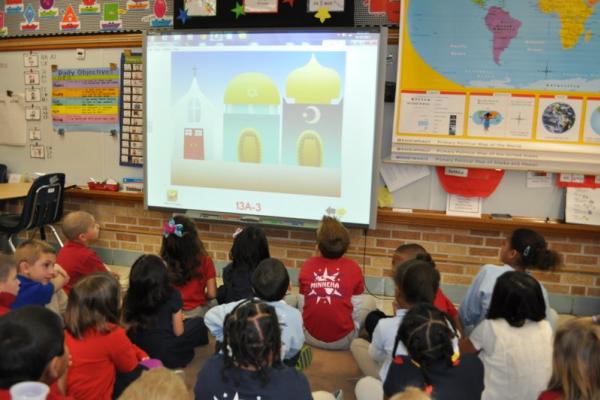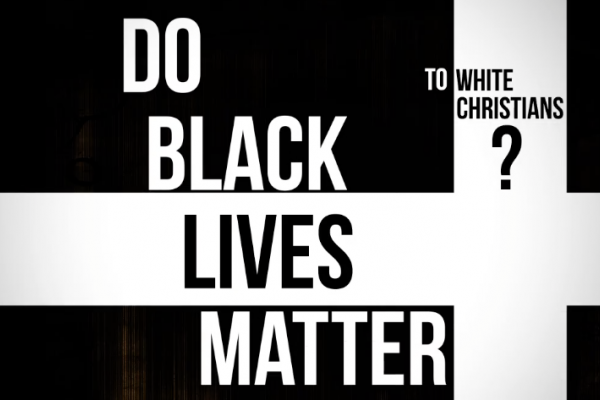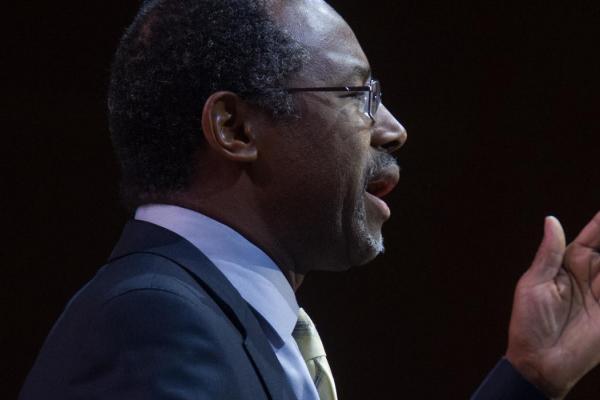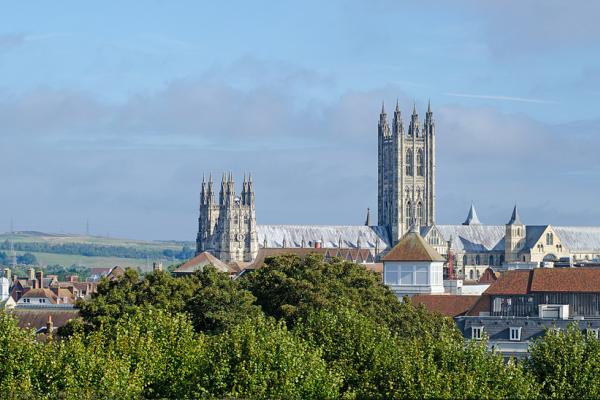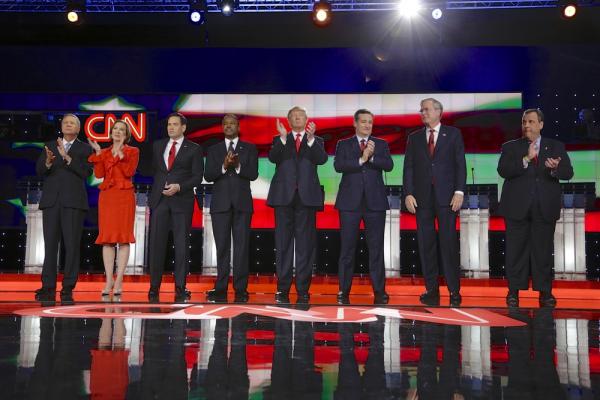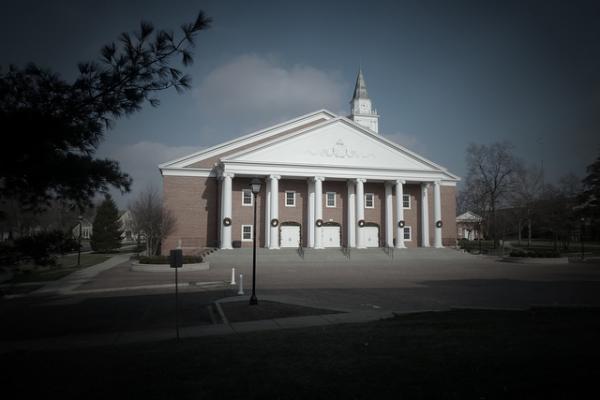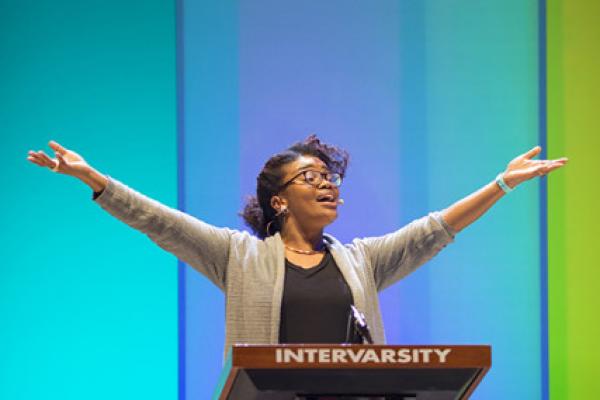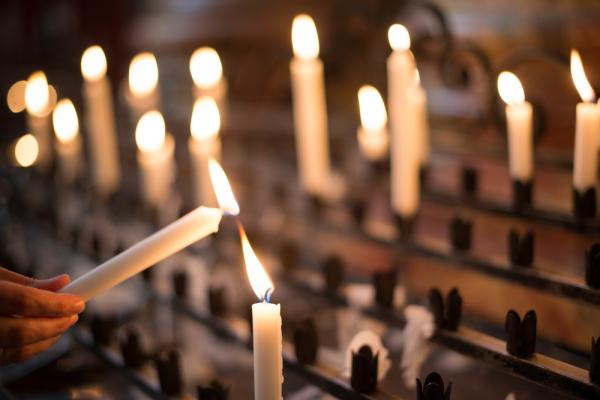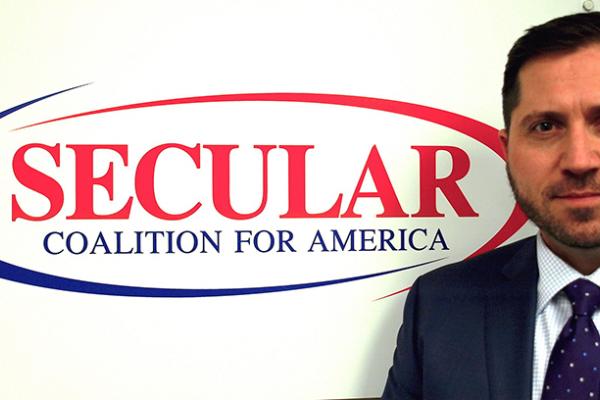Opponents of lessons on Islam often claim that Christianity takes a back seat in public schools’ religious instruction. That’s what an Augusta County, Va., mother argued recently when she opposed a teacher’s use of the Muslim statement of belief in a calligraphy exercise. She held a forum at a local church to protest how her religion wasn’t allowed in schools, but Islam was.
Most polls don’t matter much. But this one does. A recent Public Religion Research Institute survey has revealed a devastating truth: While about 80 percent of black Christians believe police-involved killings — like the ones that killed Tamir Rice, Laquan McDonald, and so many more — are part of a larger pattern of police treatment of African Americans, around 70 percent of white Christians believe the opposite … that they are simply isolated incidents.
Carson, a renowned neurosurgeon, has compared same-sex marriage to bestiality and pedophilia. He even suggested segregating bathrooms for the transgender population since it was unfair to make non-trans individuals uncomfortable. And this week, Carson referred to trans individuals as “abnormal” and said they should not be given “extra rights.” His comments on the LGBT community may seem outrageous to many — even to those in evangelical and mainline faith traditions who have left the “being gay is a choice” rhetoric in the past. Yet Carson, perhaps the most visibly religious presidential candidate, holds onto many of his anti-LGBT views.
If Carson’s faith affects his politics, it’s important to contextualize his conservative LGBT views with his church affiliation. Indeed, the Seventh-day Adventist Church espouses many similar views, which stem from a long, complicated history with the LGBT community.
A meeting at Canterbury of the leaders, or primates, of the various churches that comprise the Anglican Communion have announced that they are imposing a three-year discipline on The Episcopal Church.
For the second year in a row, every Academy nominee in an acting category is white.
Forget Idris Elba in Beasts of No Nation. Or Michael B. Jordan in Creed. Or Bernicio Del Toro in Sicario. Or Will Smith in Concussion.
The 93% White, 76% Male Academy wasn't interested.
Straight Outta' Compton was also lauded as a potential best picture nominee, but was only nominated for Best Original Screenplay, which was written by two white writers. Similarly, only Sylvester Stallone was nominated for Creed, a film with a black lead actor and a black director.
Only seven contenders will be on the main stage for Fox Business News’ broadcast of the sixth GOP 2016 presidential debate Jan. 14 — almost all well-known for taking strong stands on faith in hopes for a boost from devoted viewers. The December debate was the third-most-watched one in debate tracking history, according to CNN. The theme of this week’s debate will be economic policy, with managing editor for business news Neil Cavuto and global markets editor Maria Bartiromo asking questions.
You’ve read it in multiple places and from various sources: Things aren’t what they once were. From Barna to Butler Bass, we have been told time and time again that the American religious landscape has changed — the times have changed, the people have changed, Christian concerns have changed.
But are our institutions, specifically our institutions of higher learning, ready to change?
Michelle Higgins has been making waves lately. A leader in the #BlackLivesMatter movement, she recently addressed a gathering of 16,000 evangelical students at an InterVarsity conference in St. Louis, during which she urged them to back the movement.
Catholics and Lutherans have made another step toward joint commemoration of the 500th anniversary of the Reformation in 2017 by issuing common liturgical guidelines for ecumenical services to mark the occasion. The guidelines, in a booklet called “Common Prayer,” provide a template for an ecumenical service, complete with suggested prayers, appropriate hymns, and themes for sermons.
The Secular Coalition for America, a lobbying group with atheist, humanist and other nonbeliever member organizations, has hired a Christian as its new executive director. Larry Decker, 40, was raised in an independent Baptist church but now identifies as a “none” — one of the 23 percent of Americans who say they are religiously unaffiliated, according to the Pew Research Center. Like the majority of nones, Decker is not an atheist; he still identifies as a Christian, albeit a nominal one.
